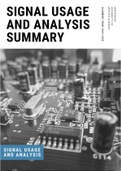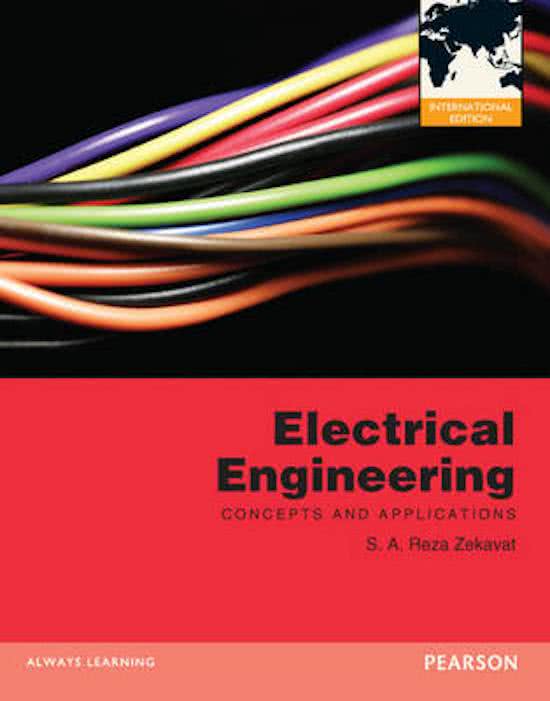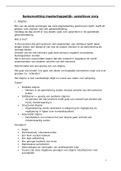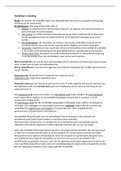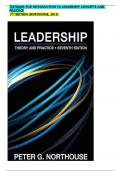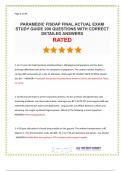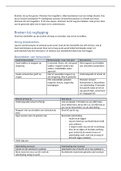Samenvatting
Signal Usage and Analysis - Complete Summary
- Instelling
- Hogeschool Van Amsterdam (HvA)
Complete summary of the course Signal Usage and Analysis. Includes all information from the lectures including explanations from the book "Electrical Engineering". It also includes all formulas that have to be used to solve the problems.
[Meer zien]
